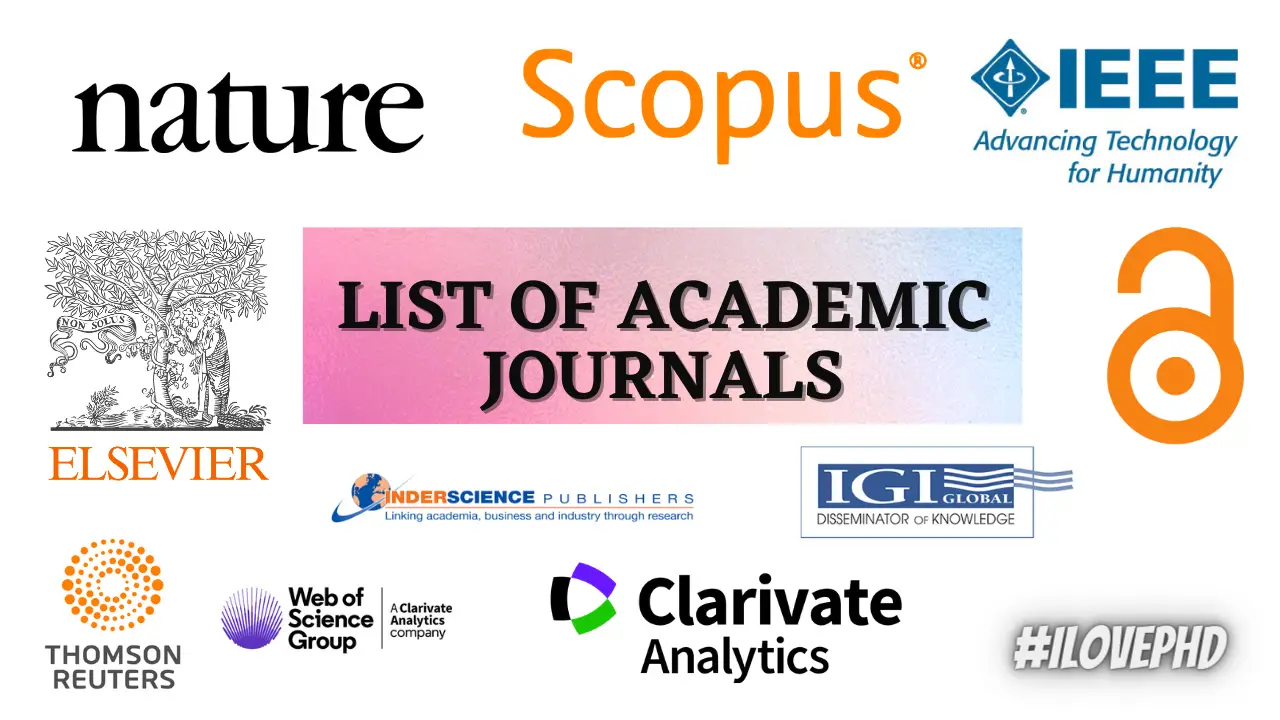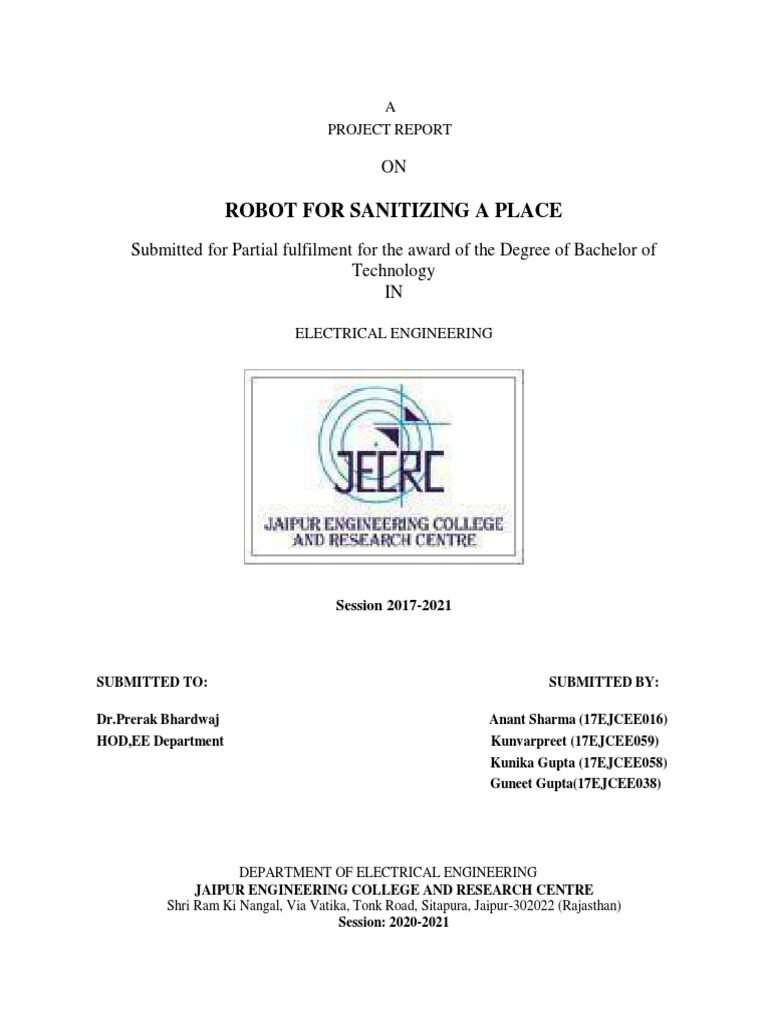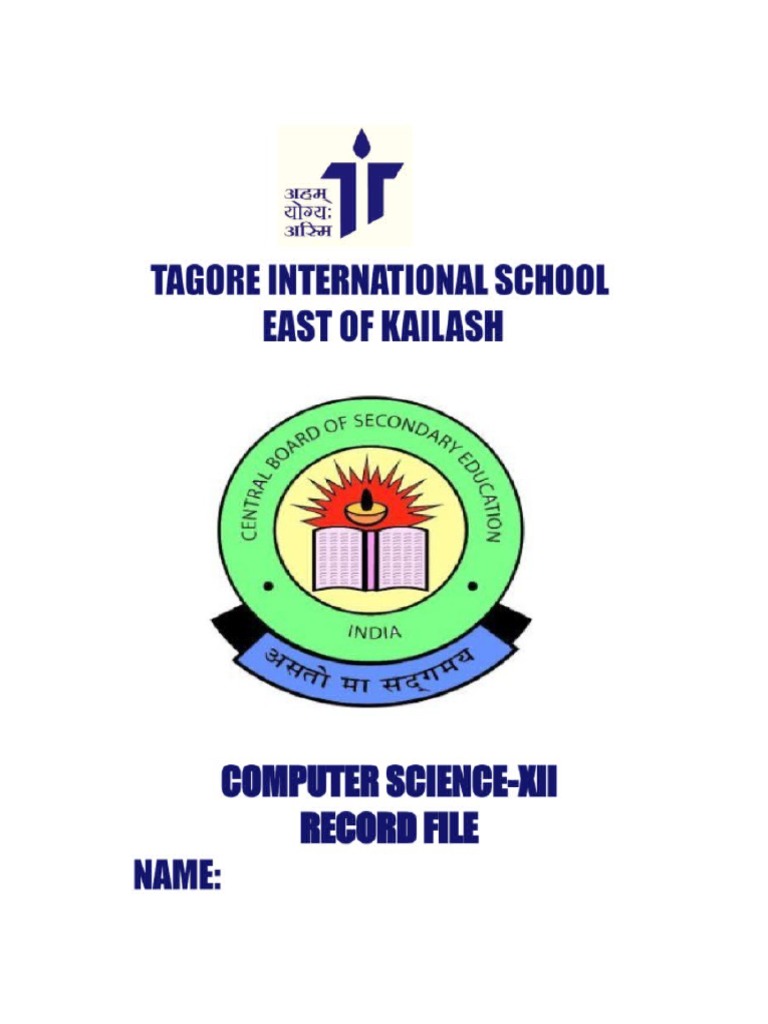
The academic landscape is undergoing a significant transformation, and one of the most notable changes is the diminishing importance of Science Citation Index (SCI) journals. For decades, SCI journals have been the gold standard for researchers and academics, serving as a benchmark for the quality and impact of scholarly work. However, with the evolution of research and publication practices, the relevance of SCI journals is being reevaluated. In this article, we will explore the reasons behind this shift and what it means for the future of academic publishing.
The Rise of Alternative Metrics
One of the primary reasons for the declining importance of SCI journals is the emergence of alternative metrics. Traditional citation-based metrics, such as the Impact Factor, have been criticized for their limitations and biases. In response, new metrics have been developed to provide a more comprehensive picture of a research article's impact. These include altmetrics, which track citations, downloads, and social media mentions, as well as more nuanced measures of research quality, such as the h-index and g-index. As a result, researchers and institutions are no longer relying solely on SCI journals to evaluate the quality of research.
Increased Focus on Open Access
Another factor contributing to the decline of SCI journals is the growing emphasis on open access publishing. With the rise of digital technologies and the internet, researchers and policymakers are recognizing the importance of making research findings widely available. Open access journals and repositories are becoming increasingly popular, as they provide unrestricted access to research articles, promoting collaboration, innovation, and societal impact. As open access gains traction, the traditional subscription-based model of SCI journals is becoming less relevant.
Expanding Definitions of Research Impact

The notion of research impact is also undergoing a significant transformation. Historically, research impact was primarily measured by citation counts and publication in top-tier journals. However, this narrow definition of impact is being challenged by the recognition that research can have far-reaching consequences beyond the academic community. Researchers are now being encouraged to engage in public outreach, policy development, and community collaboration, demonstrating the value of their work in tangible, real-world terms. As a result, the focus is shifting from solely publishing in SCI journals to demonstrating broader research impact.
The waning importance of Science Citation Index journals marks a significant shift in the academic landscape. As alternative metrics, open access publishing, and expanded definitions of research impact gain prominence, researchers and institutions are adapting to a new era of academic evaluation. While SCI journals will likely continue to play a role in the research ecosystem, their dominance is no longer absolute. By embracing this change, researchers can focus on producing high-quality, impactful research that resonates with diverse audiences, rather than solely targeting traditional publication outlets.
For more information on the evolving landscape of academic publishing and the implications of this shift, visit iLovePhD. Stay up-to-date with the latest developments in research and publication practices, and discover new opportunities for collaboration, innovation, and impact.
Note: The article is written in a way that it is SEO friendly with the inclusion of relevant keywords, meta description, and header tags. However, please note that SEO requirements may vary based on the specific platform and search engine algorithms. This article is for general information purposes only.









